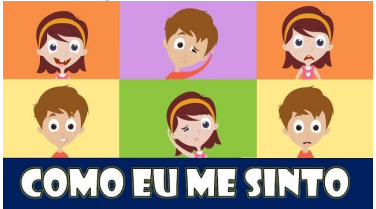Poema Em Linha Reta
(Álvaro de Campos)
Nunca conheci quem tivesse levado porrada.
Todos os meus conhecidos têm sido campeões em
tudo. E eu, tantas vezes reles, tantas vezes porco,
tantas vezes vil,
Eu tantas vezes irrespondivelmente parasita,
Indesculpavelmente sujo,
Eu, que tantas vezes não tenho tido paciência para
tomar banho,
Eu, que tantas vezes tenho sido ridículo, absurdo,
Que tenho enrolado os pés publicamente nos
tapetes das etiquetas,
Que tenho sido grotesco, mesquinho, submisso e
arrogante,
Que tenho sofrido enxovalhos e calado,
Que quando não tenho calado, tenho sido mais
ridículo ainda;
Eu, que tenho sido cômico às criadas de hotel,
Eu, que tenho sentido o piscar de olhos dos moços
de fretes,
Eu, que tenho feito vergonhas financeiras, pedido
emprestado sem pagar,
Eu, que, quando a hora do soco surgiu, me tenho
agachado,
Para fora da possibilidade do soco;
Eu, que tenho sofrido a angústia das pequenas coisas
ridículas,
Eu verifico que não tenho par nisto tudo neste
mundo. Toda a gente que eu conheço e que fala
comigo
Nunca teve um ato ridículo, nunca sofreu enxovalho,
Nunca foi senão príncipe — todos eles príncipes —
na vida...Quem me dera ouvir de alguém a voz
humana
Que confessasse não um pecado, mas uma infâmia;
Que contasse, não uma violência, mas uma cobardia!
Não, são todos o Ideal, se os oiço e me falam.
Quem há neste largo mundo que me confesse que
uma vez foi vil?
Ó príncipes, meus irmãos, Arre, estou farto de
semideuses!
Onde é que há gente no mundo? Então sou só eu que
é vil e errôneo nesta terra? Poderão as mulheres não
os terem amado,
Podem ter sido traídos — mas ridículos nunca!
E eu, que tenho sido ridículo sem ter sido traído,
Como posso eu falar com os meus superiores sem
titubear?
Eu, que tenho sido vil, literalmente vil,
Vil no sentido mesquinho e infame da vileza.
